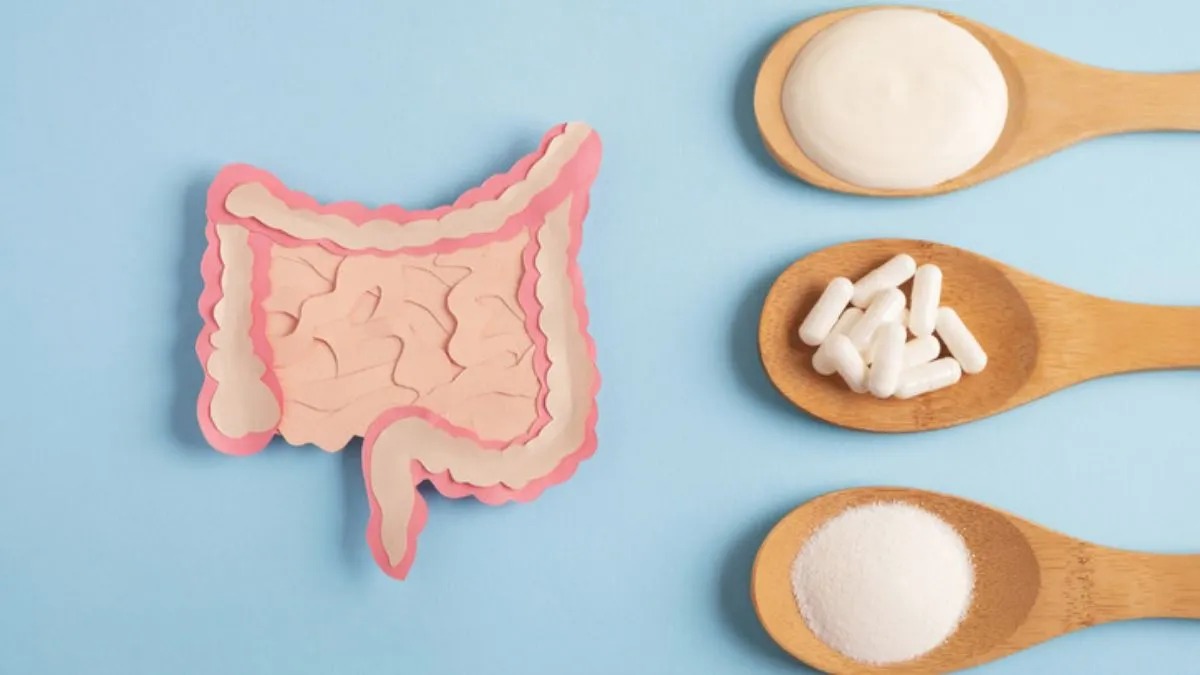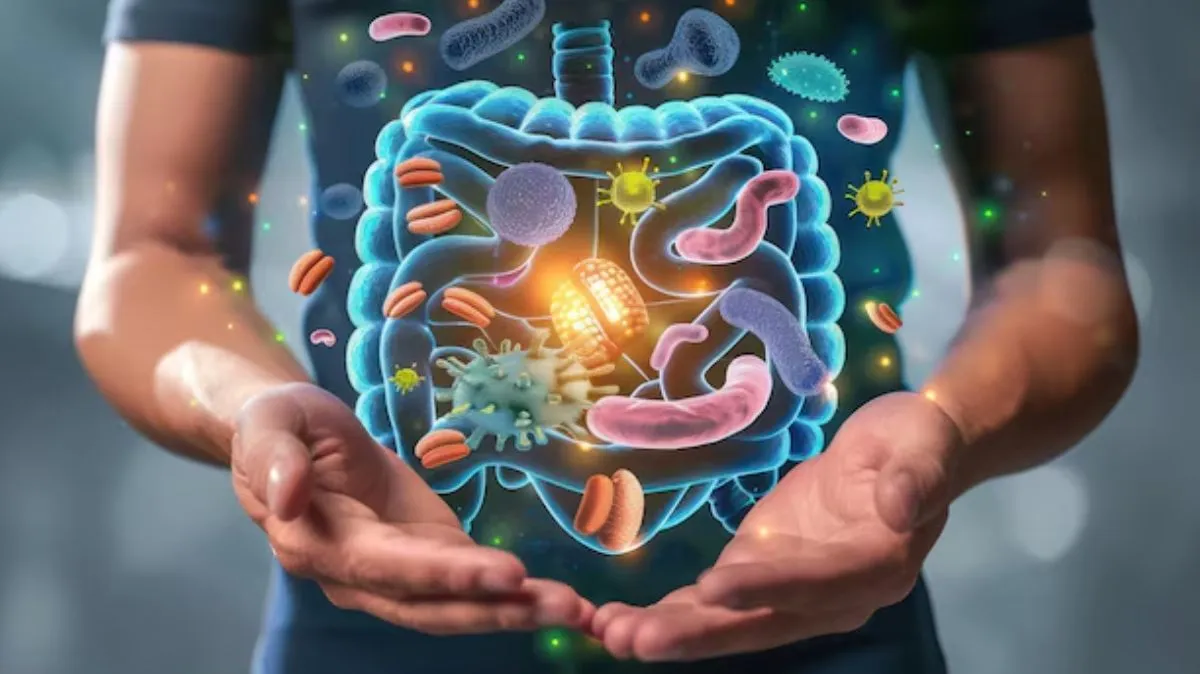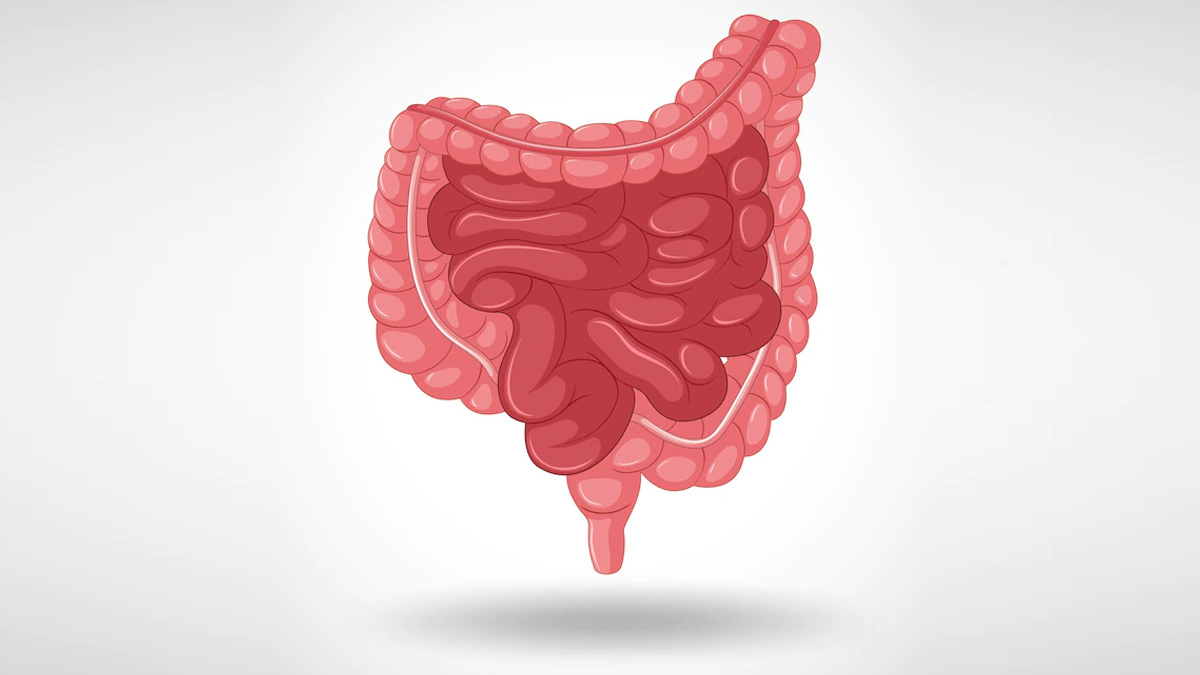
When it comes to gut health, probiotics and prebiotics are terms you may hear a lot, but what do they really mean, and do you need to take both? If you’ve ever found yourself confused between the two, you’re not alone. Both have become everyday buzzwords in wellness conversations, yet many people still mix them up.
Table of Content:-
They play different roles, but together, they support one of the most important parts of your health, your gut. From better digestion to a stronger immune system, your microbiome influences more than you think. So if you’re wondering whether you should be taking probiotics, prebiotics, or both, here’s what you need to know. To understand the difference, we reached out to Twincy Ann Sunil, Diet and Nutrition Expert, Apollo Spectra Hospital, Bangalore, who broke it down in simple terms.
Probiotics vs Prebiotics: What’s the Key Difference?
Twincy explains that the two may sound similar, but they work very differently inside the body.
 In her words, “Probiotics are live bacteria that are beneficial for you and help to bring back healthy restoration in the gut. Prebiotics are indigestible food fibres that help and promote the bacteria in the intestines.”
In her words, “Probiotics are live bacteria that are beneficial for you and help to bring back healthy restoration in the gut. Prebiotics are indigestible food fibres that help and promote the bacteria in the intestines.”
She adds a simple analogy many people find easy to remember, “Probiotics are helpful bacteria you introduce to your gut army, and prebiotics are the nutrients that keep that army strong and healthy.” That means probiotics add new good bacteria to your digestive system, while prebiotics feed the bacteria already living there.
ALSO READ: Can Anti-Inflammatory Diet Really Reduce Colon Cancer Risk? Here's What The Study Suggests
Why Your Gut Needs Both
According to Twincy, probiotics and prebiotics work best together because they support each other in a natural rhythm.
She explains:
- Probiotics bring in new beneficial microorganisms.
- Prebiotics feed the newly introduced bacteria as well as the ones already present.
- Each can work alone, but they’re most effective when taken together.
- So if your goal is long-term gut health, energy, and digestion, it helps to have both playing a role in your daily diet.
How They Influence the Gut Microbiome
Your gut microbiome is a community of trillions of bacteria, and it affects digestion, immunity, inflammation, and even mood. Twincy shares how these two support that ecosystem in different ways.
“Probiotics change the bacterial composition of the microbiome by introducing good strains,” she says. This helps bring balance, especially after sickness or antibiotic use. “They are fermented by gut bacteria and produce beneficial metabolites like short-chain fatty acids, including butyrate,” she explains. These metabolites:
- Strengthen the gut barrier
- Reduce inflammation
- Support immune health
- Influence metabolism
This is why diet diversity and fibre intake matter so much.
Is It Safe to Take Them Daily?
For most healthy people, yes — daily use is safe. But Twincy also points out that not everyone needs supplements. She says supplements are most useful for:
- People with constipation, bloating or digestive discomfort
- Anyone recovering from antibiotics
- People who eat a low-fibre diet
However, she warns, “If a person’s immune system is severely weakened or they are sick, they should consult a doctor before taking any probiotic supplement.” Food-first remains the safest approach.
Do You Need Them? Signs Your Gut May Be Asking for Help![]()
According to Twincy, some common signs include:
- Bloating or excessive gas
- Constipation or changes in stool
- Frequent food intolerances
- Weak immunity
- Mood changes, stress, or poor sleep
- Post-antibiotic discomfort
Since many neurotransmitters are produced in the gut, the gut-brain axis often plays a role in emotional health as well.
Food Sources: Can You Get Enough Naturally?
Twincy encourages people to get both probiotics and prebiotics from whole foods whenever possible. “It is better to consume food from raw and natural sources… but supplements may help if you can’t eat enough fermented or high-fibre foods,” she says.
Natural sources include:
- Probiotic-rich foods
- Yoghurt
- Kefir
- Kimchi
- Fermented rice
Other fermented foods:
- Prebiotic-rich foods
- Oats and barley
- Beans
- Onions, leeks, asparagus
- Bananas
- Apples
A balanced plate can naturally support your gut without pills.
ALSO READ: These Foods Could Make You Gain Weight in Just One Week – Expert Explains
Conclusion
Both probiotics and prebiotics offer powerful benefits, but they work best as a team. While supplements can help, especially during digestive discomfort or recovery, the easiest way to support your gut is by eating fibre-rich and fermented foods daily. Listening to your body, watching out for digestive changes, and making mindful dietary choices can go a long way in keeping your gut and overall health in balance.
Also watch this video
How we keep this article up to date:
We work with experts and keep a close eye on the latest in health and wellness. Whenever there is a new research or helpful information, we update our articles with accurate and useful advice.
Current Version
Nov 18, 2025 09:25 IST
Published By : Vivek Kumar


